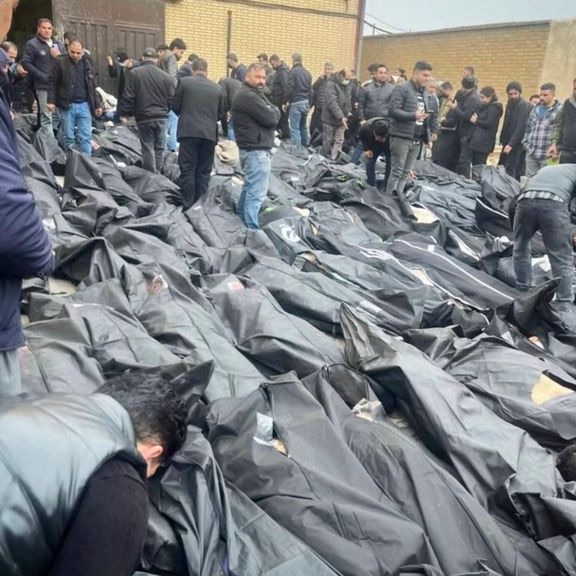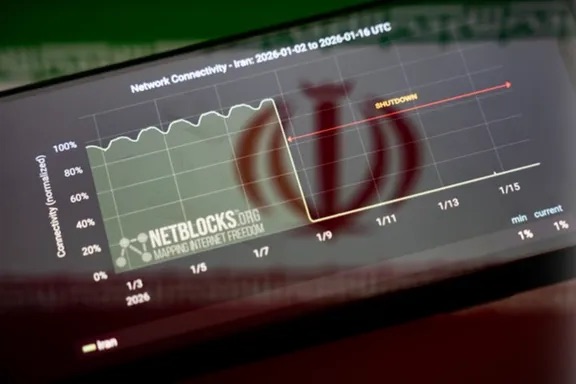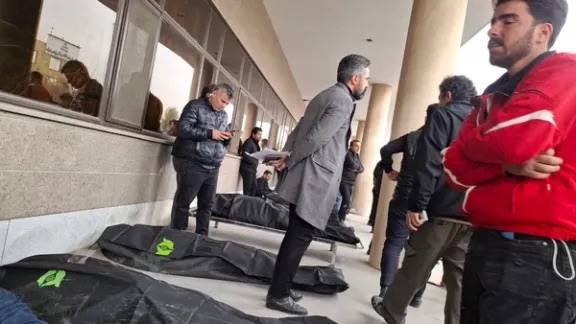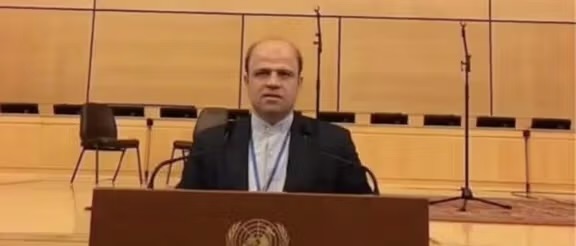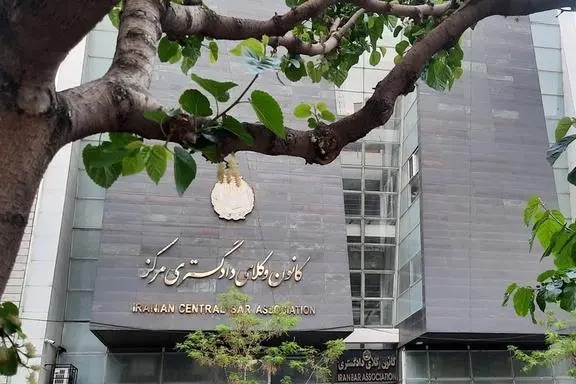
Reports from human rights organizations indicate an alarming rise in pressure on lawyers in Iran, particularly as the “Day of the Endangered Lawyer,” observed annually on January 24, approaches. This day, established in 2010, serves to highlight the risks faced by lawyers around the world.
In Iran, numerous lawyers currently face imprisonment, disbarment, or other forms of harassment through fabricated charges imposed by security and judicial authorities. For instance, on January 20, the Appeals Court of Markazi Province sentenced lawyer Benam Nazadi to four months in prison and banned him from practicing law for one year on charges of “propaganda against the regime.” Additionally, the Criminal Court of Arak previously sentenced him to 13 months and 16 days for “disclosing confidential information” and 113 days for “spreading false news.” Nazadi is known for his Instagram page titled “Violations of Regime Judges.”
Similarly, lawyer Taher Naqavi, detained in Evin Prison, was sentenced on January 18 by the Tehran Appeals Court to six years in prison for charges of “propaganda against the regime” and “assembly and collusion.” He was also banned from travel and political activities for two years. Meanwhile, lawyer Khosrow Ali Kurdi, who represents families of victims of the popular uprising, remains incarcerated in Vakilabad Prison in Mashhad. Last week, the Revolutionary Court of Mashhad sentenced him to one year in prison for “anti-regime propaganda” through online publications.
Other lawyers, such as Farid Nikpey and Mohammad Reza Faghihi, have also faced heavy penalties, including imprisonment, travel bans, and disbarment. Several others, including Mehdi Karimi Farsi and Payam Derakhshan, have recently been summoned to prison or face open cases with severe allegations tied to their professional or advocacy roles.
The plight of Ahwazi lawyers is particularly concerning under these circumstances. Ahwazi lawyers, many of whom advocate for the human rights of the marginalized Ahwazi Arab minority, have historically faced disproportionate persecution in Iran. The regime often targets them for representing political prisoners or highlighting systemic discrimination. This has included fabricated charges, physical attacks, and intimidation aimed at silencing their work. Given the recent intensification of pressure on lawyers nationwide, Ahwazi lawyers are at even greater risk of reprisal, especially as their efforts to challenge state policies often intersect with broader ethnic and political grievances.
Since the beginning of the “Woman, Life, Freedom” movement, the Iranian regime has increasingly used fabricated charges and harsh sentences to stifle dissent, particularly targeting lawyers who defend political or civil rights cases. The Union of Iranian Bar Associations (ISCODA) reported on January 15, 2025, that from 2017 to the present, at least 54 incidents of killings, assaults, and property destruction have targeted lawyers. This includes 17 murders, 5 suspicious deaths, 30 assaults, and 2 cases of arson.
For Ahwazi lawyers, who already work in a high-risk environment due to the volatile political and social climate, the heightened targeting of legal professionals exacerbates their vulnerability. This underscores the urgent need for international advocacy and solidarity to protect these defenders of justice and human rights.
